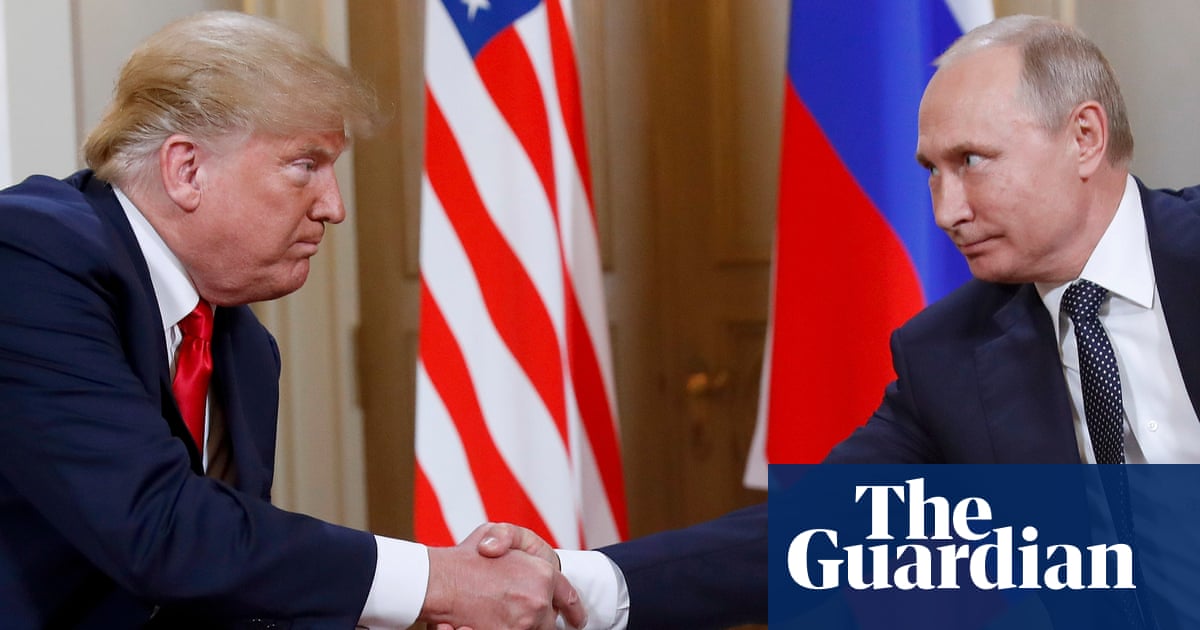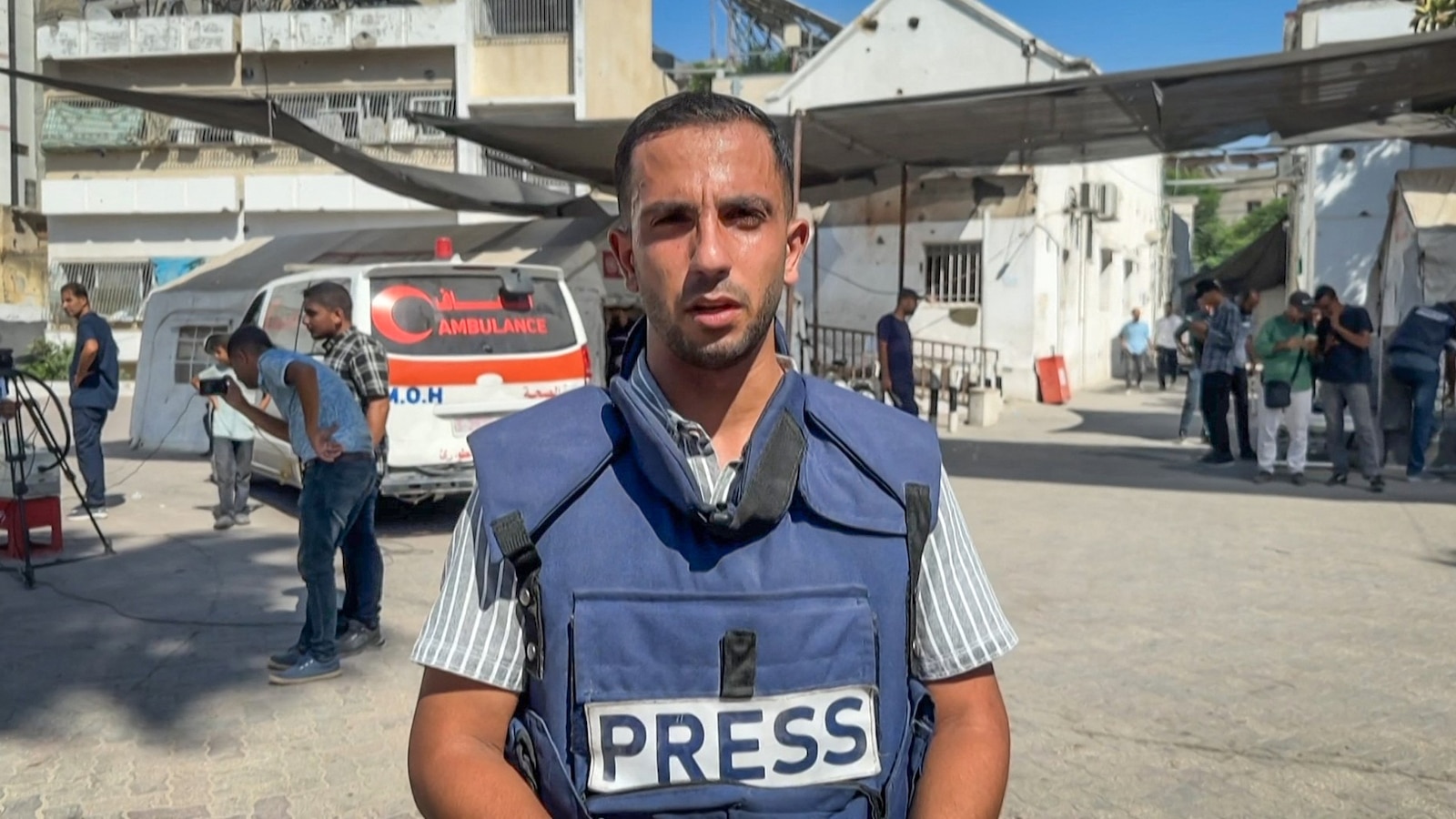Ongoing Tensions: Consequences of Ceasefire Between Israel and Iran

In a dramatic escalation of tensions in the Middle East, the head of the Israel Defense Forces (IDF) announced on Tuesday that the military campaign against Iran is far from over, even as a ceasefire was brokered by President Donald Trump. This statement underscores the fragility of peace in a region that has seen increasing hostility over the past months. Trump has also publicly instructed Israel to refrain from further military actions against Iran, urging them to bring their pilots back home.
These developments follow a series of military strikes initiated by Israel, which began on June 13, targeting key nuclear sites within Iran. This attack marked a significant turning point in the ongoing conflict as both nations exchanged fire, leading to heightened tensions and international concern. In response to Israel’s aggression, the United States conducted operations on June 22, dubbed Operation Midnight Hammer, which targeted three Iranian nuclear facilities. Trump confirmed these strikes, emphasizing the U.S. commitment to countering Iran's nuclear ambitions.
Despite the ceasefire agreement, reports emerged that Israel accused Iran of violating the truce by launching missile attacks shortly after the deal was announced. This accusation has further strained relations, prompting Trump to weigh in on the matter. In a post on Truth Social, he condemned both nations for breaching the ceasefire, urging Israel not to engage in further bombings.
In a separate reaction to the escalating situation, Qatar's foreign ministry released a statement condemning the Iranian missile strikes, stating that the missiles were intercepted and destroyed, with no casualties reported. Nevertheless, the aggressive posturing from Iran, which reportedly launched at least 14 missiles in the recent conflict, raises alarms about the potential for a broader military confrontation in the region.
The ongoing conflict reflects deeper geopolitical tensions as both Israel and Iran navigate their complex relationship, one fraught with historical animosities and competing interests that have implications for regional stability. As the situation evolves, the international community watches closely, raising questions about the efficacy of peace negotiations and the potential for future military engagements.




























